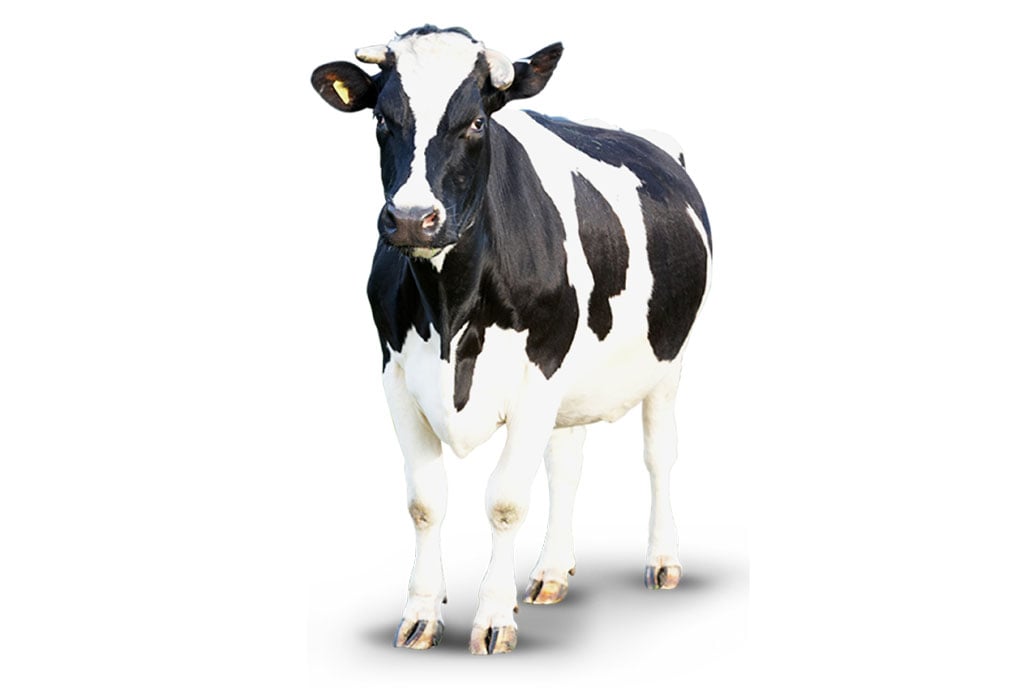Keep your garden fertile and productive

What you need to know:
One way to achieve higher farm yields and to improve farmers’ livelihoods is sustaining and improving the fertility of the soil in their gardens
Last week this column laid a lot of emphasis on the great potential of smallholder farms. It might not be possible in the foreseeable future for our farmers to work on larger pieces of land than they currently occupy unless some people sell their land to wealthier farmers and choose to settle in towns to engage in other economic activities.
Otherwise, since land is not elastic, farmers will not be expected to increase farm production by necessarily expanding the size of their gardens. Rather it is by applying better soil management practices on the limited farming space that is available to them that we can expect higher production.
One way to achieve higher farm yields and to improve farmers’ livelihoods is sustaining and improving the fertility of the soil in their gardens. Some of the basic requirements for sustaining and improving soil fertility include the application of farmyard manure on the soil, burying green plants such as weeds and annual crop residues into the soil, control of soil erosion, and application of artificial or manufactured fertilisers in recommended amounts. Some farmers make composite manure by putting together remains of weeds, crop residues, tree leaves, animal beddings, dung, and urine for several weeks in a shallow pit. Composite manure is highly recommended for improving soil fertility. Covering the ground with grass or leaves (mulching) does not only suppress weeds but it also controls soil erosion and keeps the soil moist. Gullies dug across the garden located on steep ground support rainwater retention in the ground and reduce the risk of soil erosion caused by running water. For farmers working close to permanent water sources it would be prudent to acquire irrigation equipment to supply water to the crops in case the rains fail.
Needless to say, the crops we grow are always anchored in the soil and it is from the soil that they get their nutrients, which makes it imperative to ensure that it is well nourished. Once the soil is well taken care of the next best step for the farmer to take is to seek guidance on the best seeds to plant.




